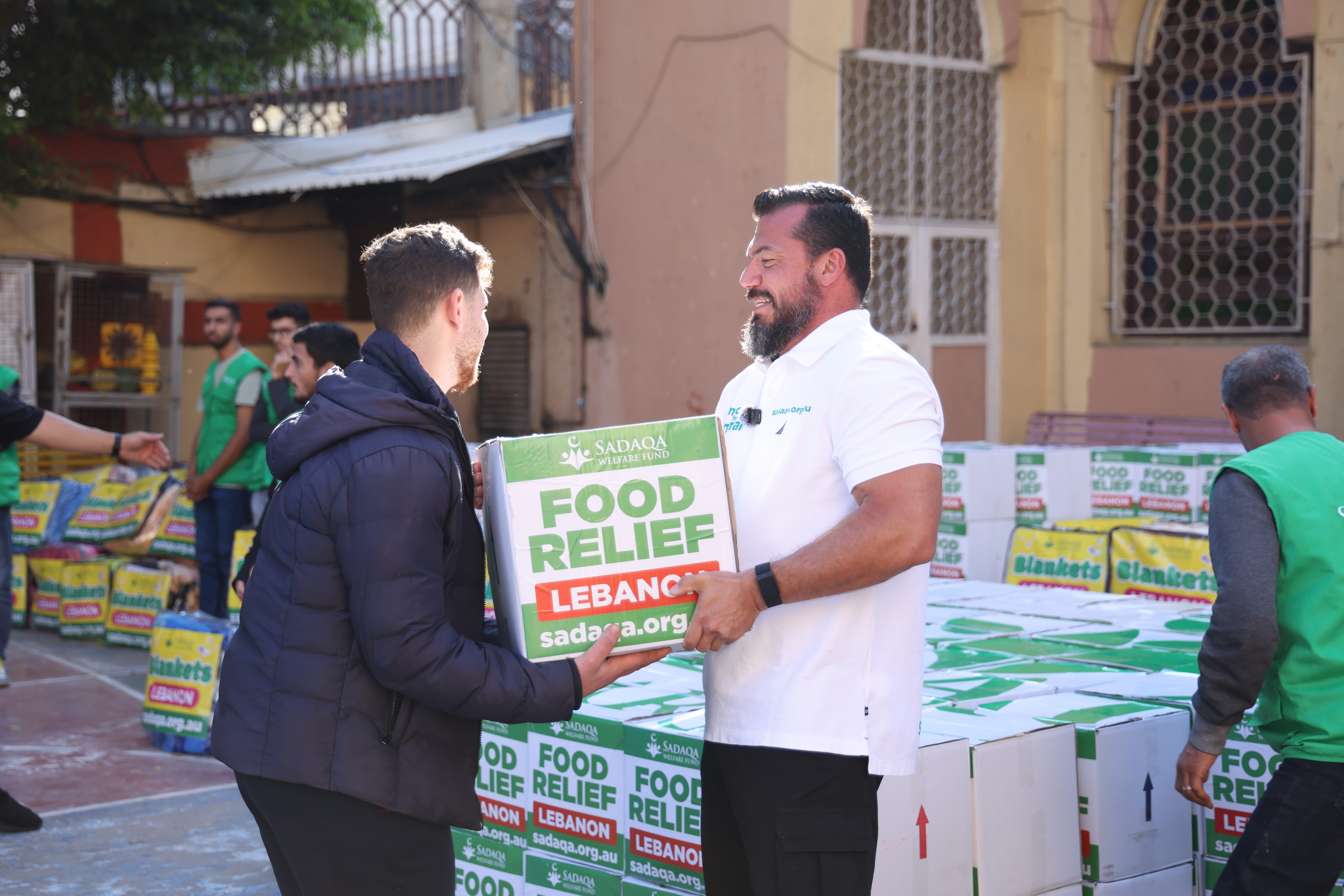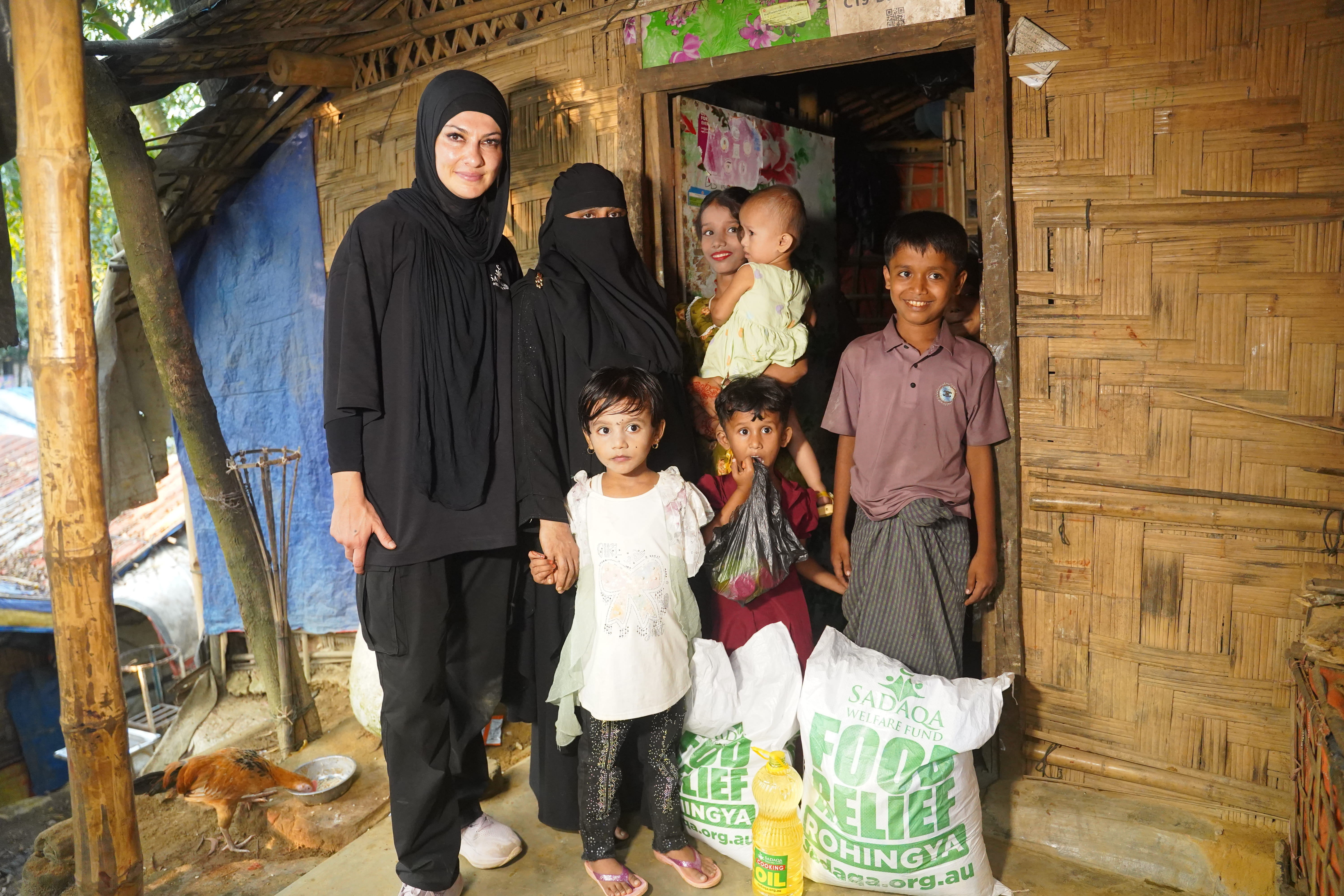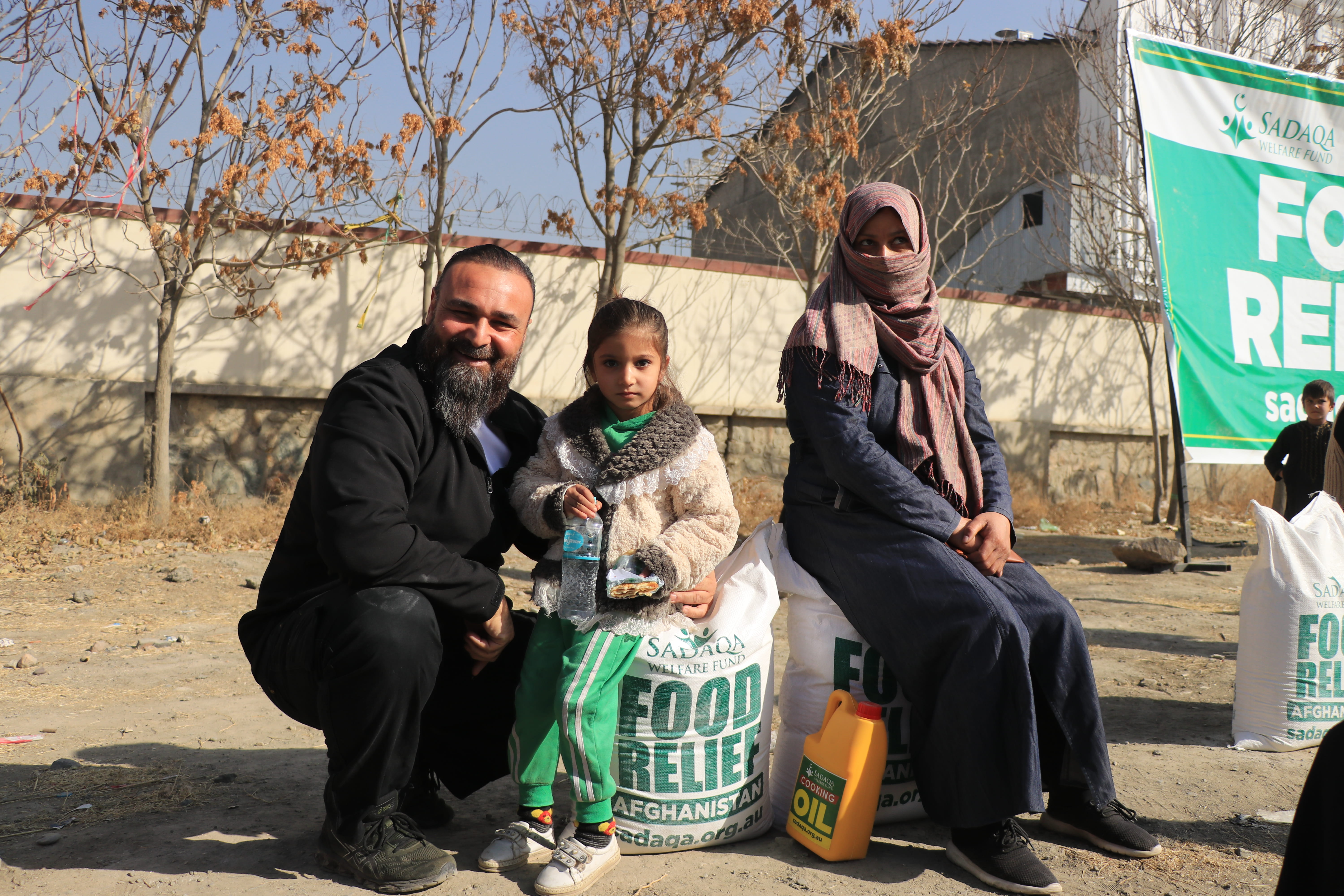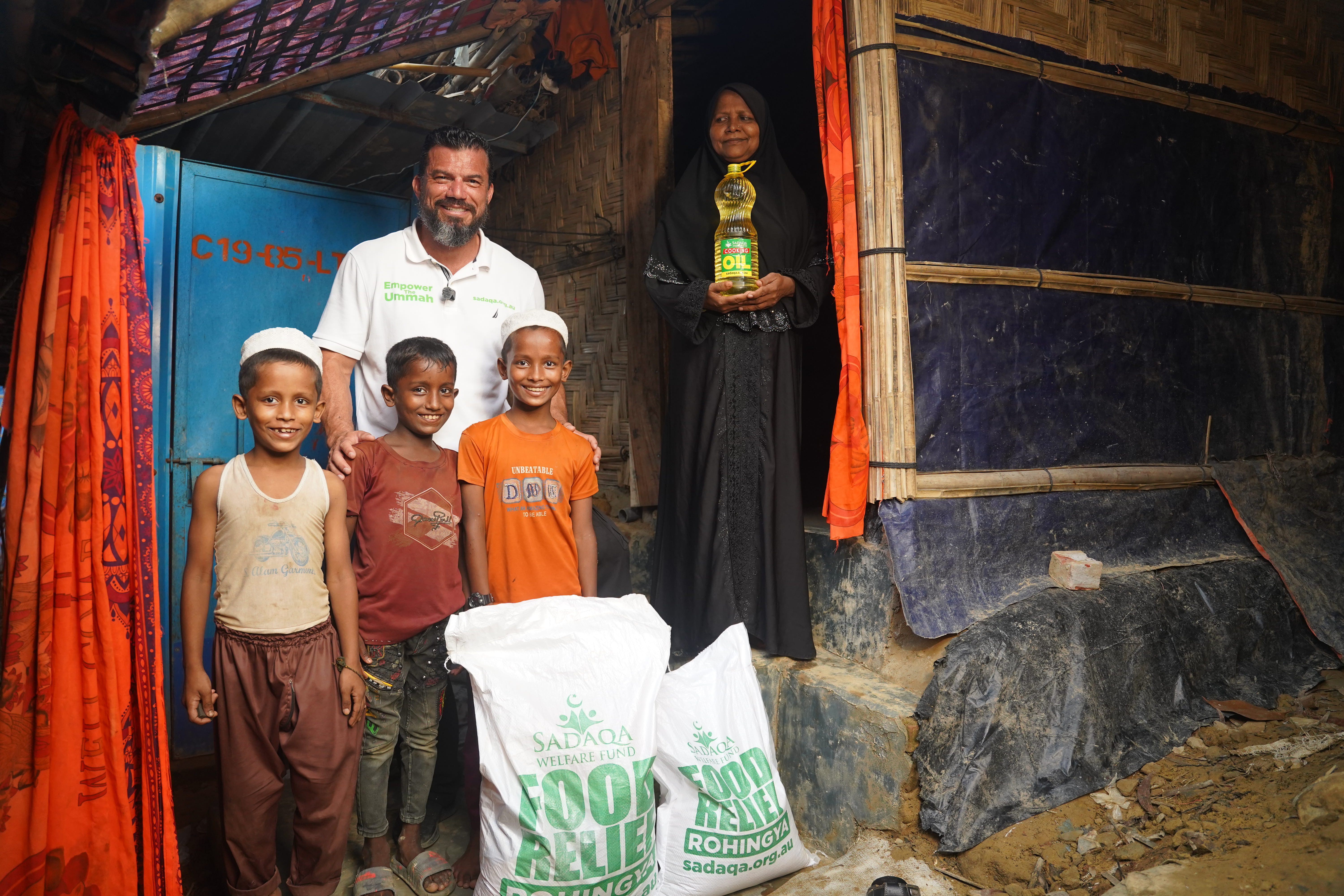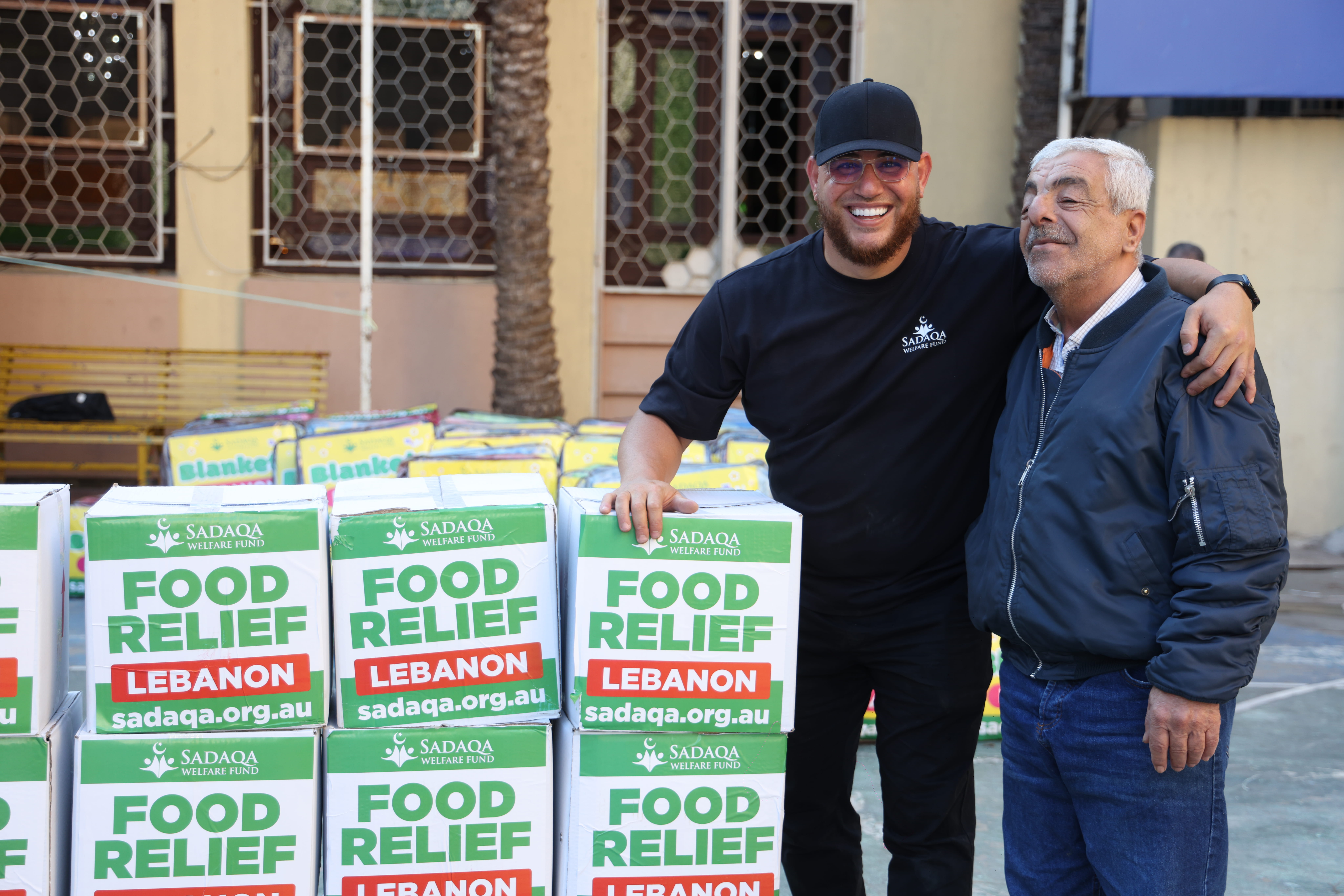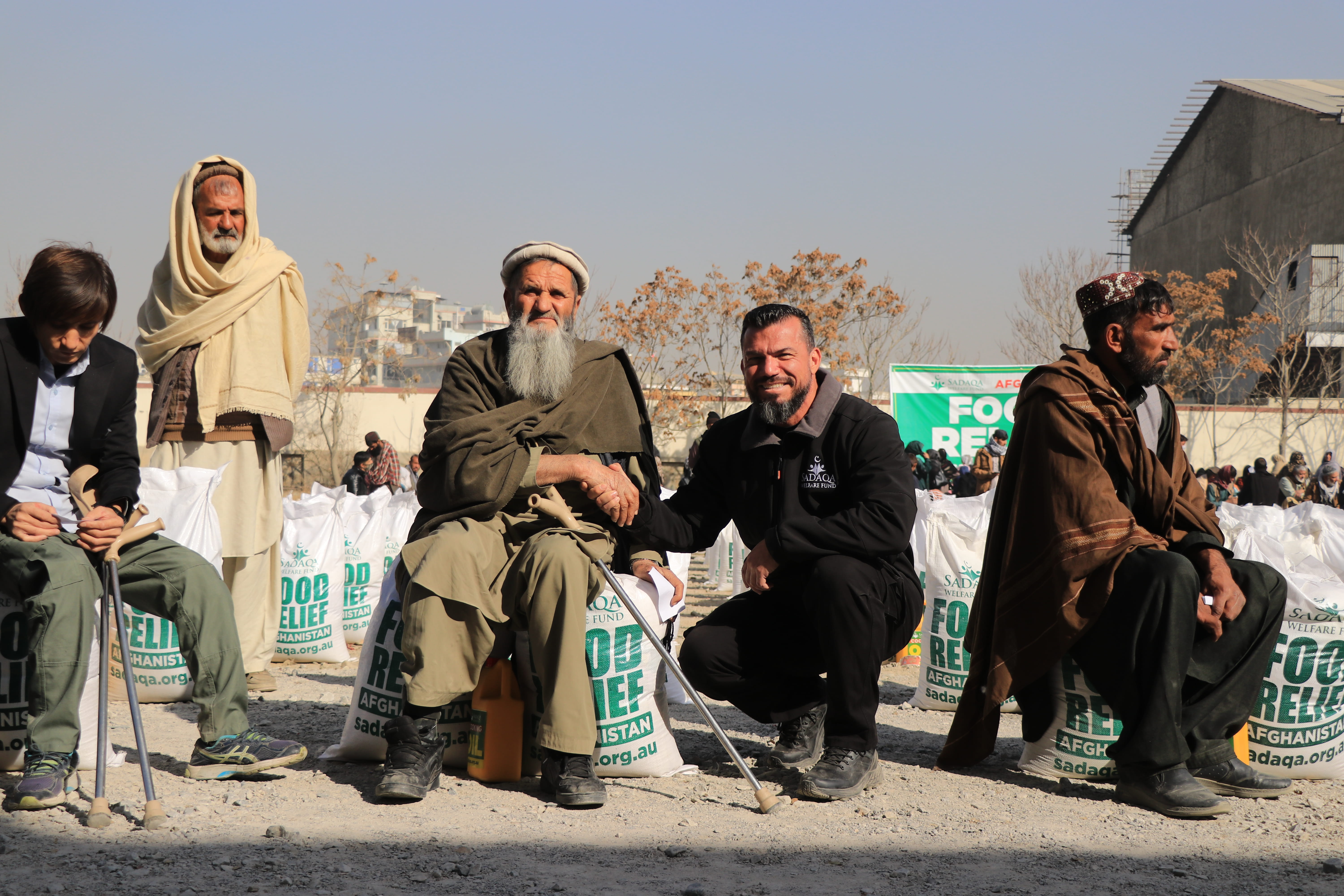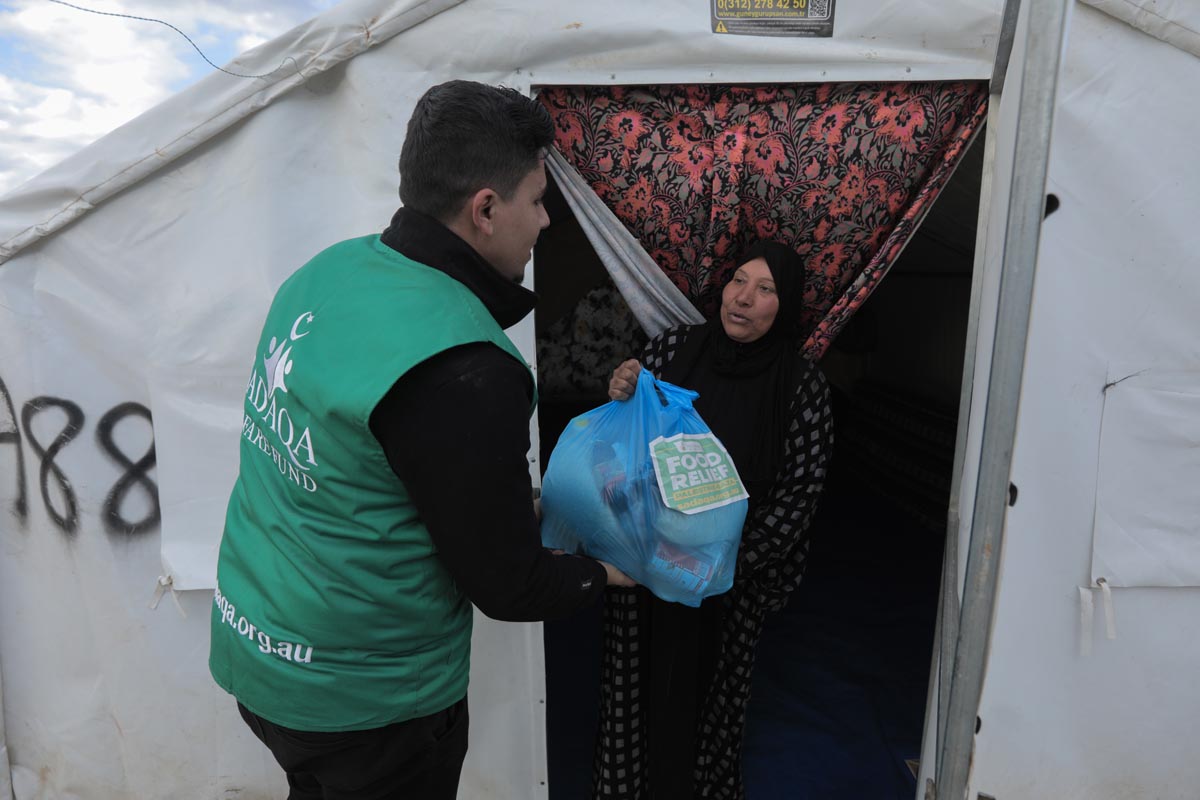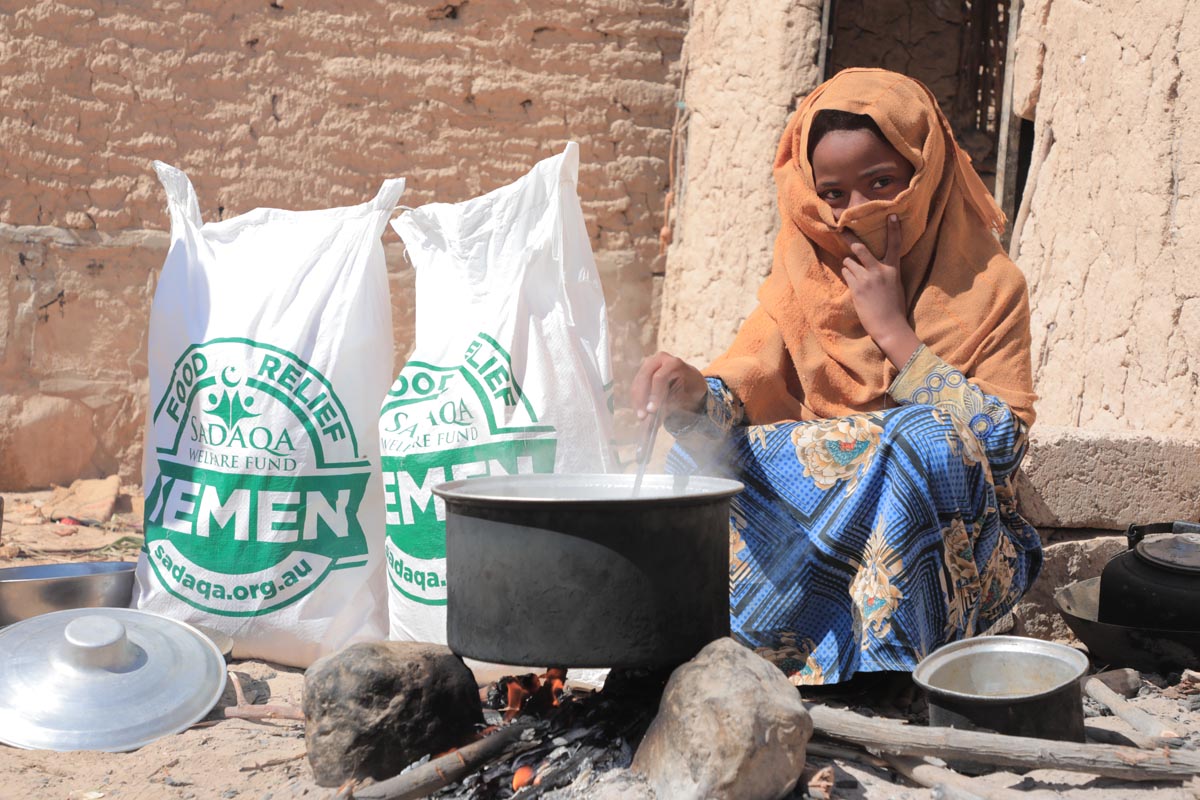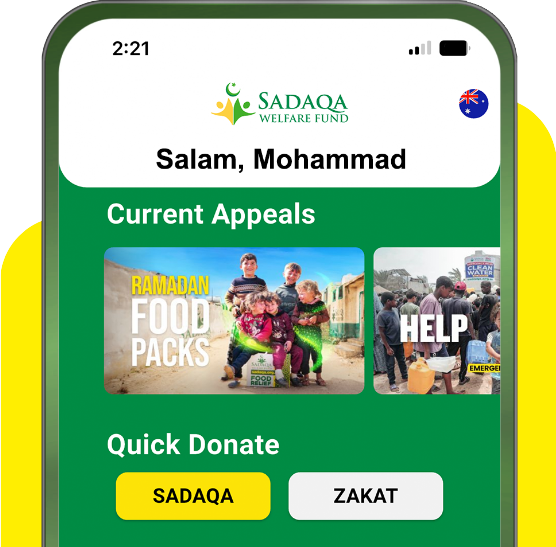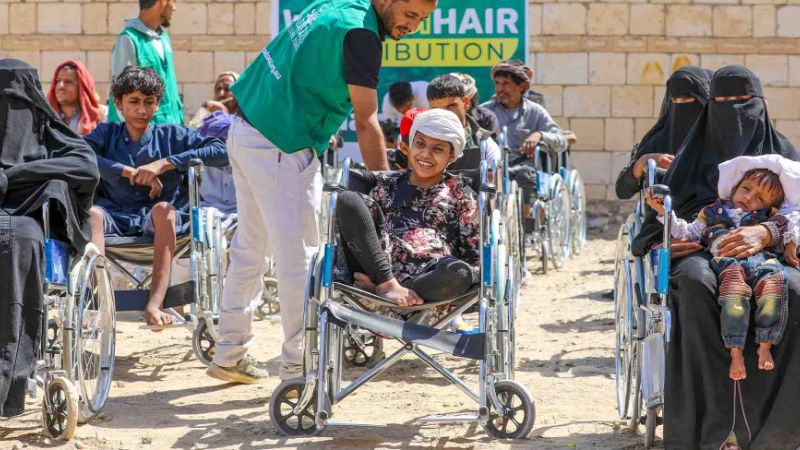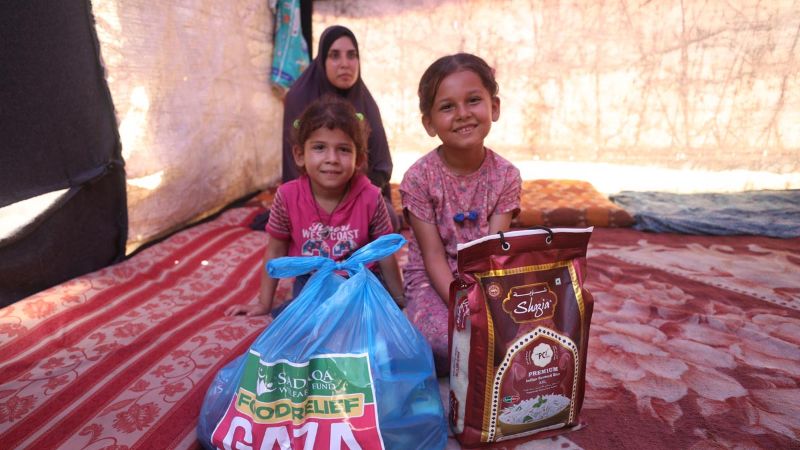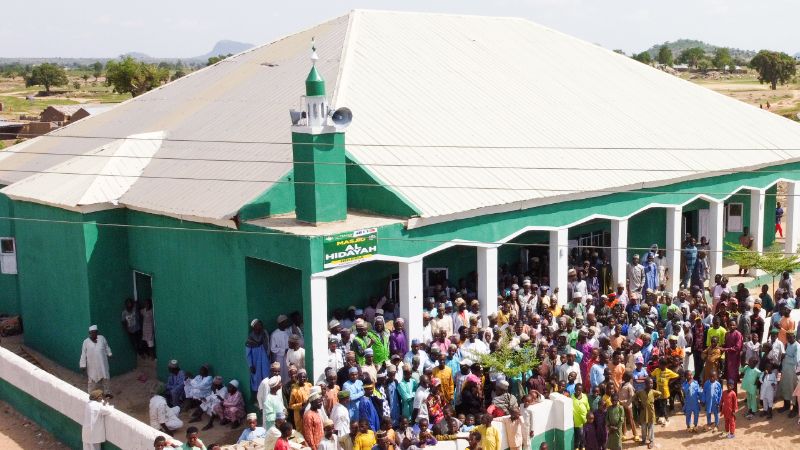Race for
RewardsTHIS RAMADAN
Ramadan 2026
Prophet Muhammad ﷺ said: "The best charity is that given in Ramadan”
Race for Rewards This Ramadan is an invitation to turn intention into action during the most blessed days of the year. Ramadan is a time when rewards are multiplied, sins are forgiven, and acts of charity carry weight far beyond the moment they are given. Through Sadaqa Welfare Fund, your donations this Ramadan provide food for the hungry, relief for displaced families, care for orphans, clean water for communities in need, and support for long-term Sadaqa Jariyah projects across the Ummah. Whether you give daily, automate the last ten nights, fulfil your Zakat, or support urgent Ramadan appeals, each contribution becomes a means of mercy for others and reward for you. Do not let this Ramadan pass without action. Give with purpose, give with sincerity, and race toward rewards that endure beyond this world.
Gallery
Ramadan FAQs
Ramadan is derived from the Arabic word “Ramadh” which means intense heat. In Arabia, the month of Ramadan usually arrives during the hot summer season where the heat reaches its peak. However, this meaning also has a spiritual significance whereby Muslims burn away their sins through the act of fasting and observing the month out of faith.
The following verses about Ramadan are in Surah Al Baqarah (Chapter 2) of the Holy Qur’an:
“O you who have believed, decreed upon you is fasting as it was decreed upon those before you that you may become righteous” – (183)
[Fasting for] a limited number of days. So whoever among you is ill or on a journey [during them] - then an equal number of days [are to be made up]. And upon those who are able [to fast, but with hardship] - a ransom [as substitute] of feeding a poor person [each day]. And whoever volunteers excess - it is better for him. But to fast is best for you, if you only knew. (184)
The month of Ramadan [is that] in which was revealed the Qur'an, a guidance for the people and clear proofs of guidance and criterion. So whoever sights [the new moon of] the month, let him fast it; and whoever is ill or on a journey - then an equal number of other days. Allah intends for you ease and does not intend for you hardship and [wants] for you to complete the period and to glorify Allah for that [to] which He has guided you, and perhaps you will be grateful. (185)
- It is the month in which the Qur’an was revealed
- Ramadan is the Month which has a Night of Power “Laylatul Qadr”, the best night of the year!
- It is the month where the gates of heaven are opened, and the gates of hell are closed
- The devils are chained
- Every night and every breaking of the fast Allah choose those saved from the Hellfire
- If one avoids major sins, fasting Ramadan wipes away all the sins of the previous year
- Fasting during Ramadan equates fasting for 10 months straight
- Umrah during the month of Ramadan is equivalent to the act of performing Hajj
- Whoever provides the iftar meal to someone fasting, are guaranteed the same reward.
Allah SWT Says:
“O you who believe! Observing the fasting is prescribed for you as it was prescribed for those before you, that you may become righteous”
[Al-Baqarah 2:183]
So the benefits are all linked to being righteous:
- Fasting makes us appreciate and give thanks for pleasures
- Fasting is a way to abandon haram things
- Fasting helps to control desires
- Fasting makes us think about the poor
- Fasting weakens the Shaytaan
- Fasting improves consciousness of Allah
- Fasting during Ramadan equates fasting for 10 months straight
- Fasting reduces attachment to this world and makes you think more of the hereafter.
- Fasting makes you more willing to do additional good deeds
Every Muslim who has reached the age of puberty must observe fasting from sunrise to sunset, unless they have a legitimate reason not to fast such as travelling, illness etc.
When are we allowed to break our Fast?
So the benefits are all linked to being righteous:
- Those who are ill whereby fasting is dangerous to their health
- Travelling a distance that is long enough for your prayers to be combined
- Pregnant and breastfeeding women who may risk their health or the child’s health
- Old people who are weak or on their deathbed
- Unbearable hunger or thirst
- Compulsion
Breaking the fast during the day in Ramadan with no excuse is a major sin. Those who break their fast with no legitimate excuse must repent to Allah and make up the day that they did not fast.
Below is a list of things that break your fast:
- Intercourse (From Dusk till Sunset during Ramadan)
- Masturbation
- Eating and drinking
- Anything else that is considered to be eating and drinking
- Letting blood by means of cupping and the like
- Vomiting deliberately
- Menstruation and Nifaas
There are some people who are excused from fasting during Ramadan, like the sick and elderly, pregnant women and the traveler.
Even though they are excused, they are required to pay a Fidya and if possible (for the pregnant and traveler, they will need to make up their fast later)
(97:1) Behold, We revealed this (Qur'an) on the Night of Power.1 (97:2) And what do you know what the Night of Power is? (97:3) The Night of Power is better than a thousand months.2 (97:4) The angels along with the Spirit3 descend in it by the permission of their Lord4 with all kinds of decrees. (97:5) All peace is that night until the rise of dawn.5
Surah Al-Qadr
Laylatul Al- Qadr or The Night of Power is the night the Quran is the night that the Quran was revealed to Prophet Muhammad ﷺ. For Muslims around the world, Layalaul Al-Qadr is considered the holiest night of the year. The night can fall on any of the last 10 nights of Ramadan; however, many Muslims believe it to be on the 27th night of the month.
Allah SWT promises Muslims that The Night of Power is better than 1,000 months.
Therefore, it is especially important for Muslims to engage in extra forms of worship, such as prayers, reciting Quran, doing Zikr and of course, Giving Charity as the reward is multiplied.
It is highly encouraged to give as much charity as one can afford, which includes Zakat and Sadaqah, and also to Sadaqah Jaariyah programs. You may pay for many wonderful charity programs and appeals with convenience through our online donations page here.
We run many programs which include:
- Giving general Food Packages for the poor
- Providing daily iftar food to the needy
- Feeding poor people in difficult environments
- Providing Iftar Packs that feed people throughout Ramadan
- Helping to feed the fasting
- Food Drives in poverty-stricken areas and villages
Zakat has no fixed due date; it only becomes due when you have wealth that has reached the threshold (Nisab) for a whole lunar year. Many people pay their zakat during Ramadan to take advantage of the abundant rewards and the forgiveness of sins Allah promises us this month.
It is for this reason Muslims pay their zakat during Ramadan.
You may donate at any acceptable registered Islamic charity, or if you know people personally in need then you may donate to them personally.
Sadaqa Welfare Fund is a registered charity foundation that is based in Australia with offices in Sydney and Perth. We have many programs and appeals that help with our operations and projects in many countries like Afghanistan, Bangladesh, Lebanon, Nigeria, Pakistan, Palestine - Gaza, Somalia, Syria, Sri Lanka, Turkiye, Uyghurs and Yemen and assisting the Rohingya in Bangladesh.
We build mosques, water stations, provide education and medicines for orphans and food programs for the poor and needy.
Our projects help people in emergency zones and in poverty afflicted areas
